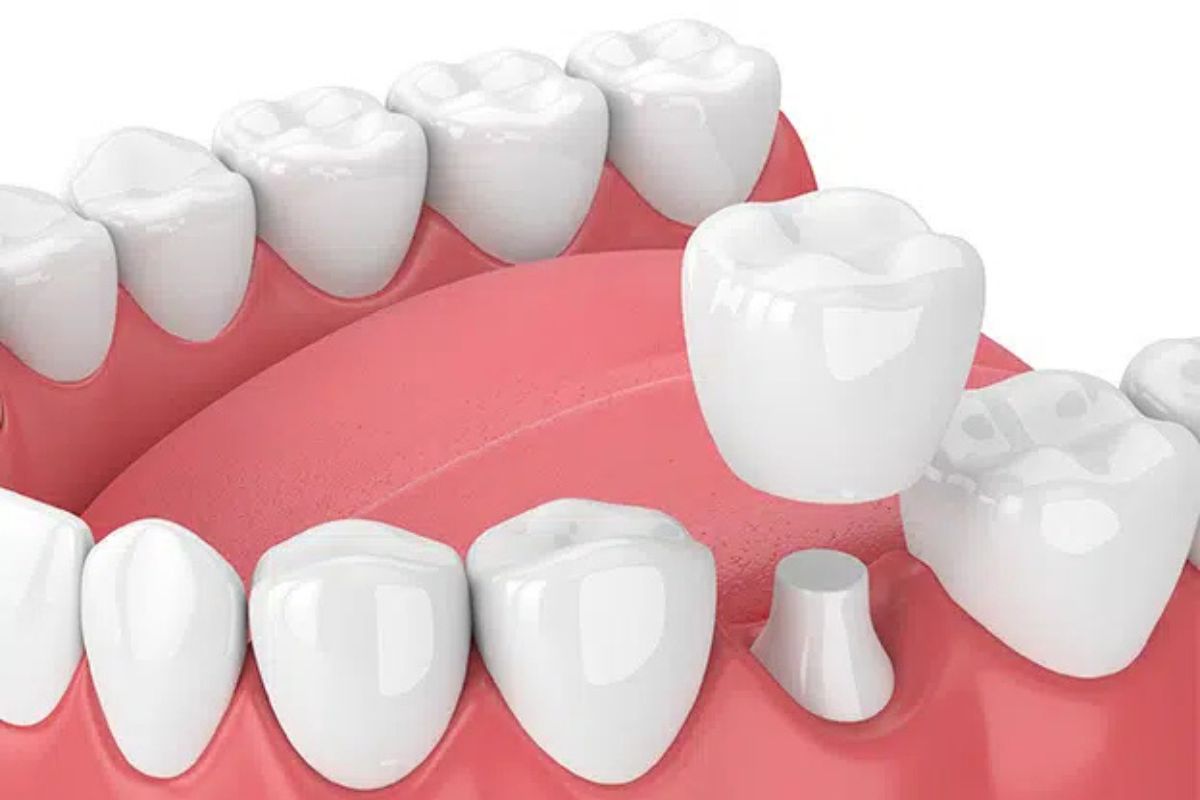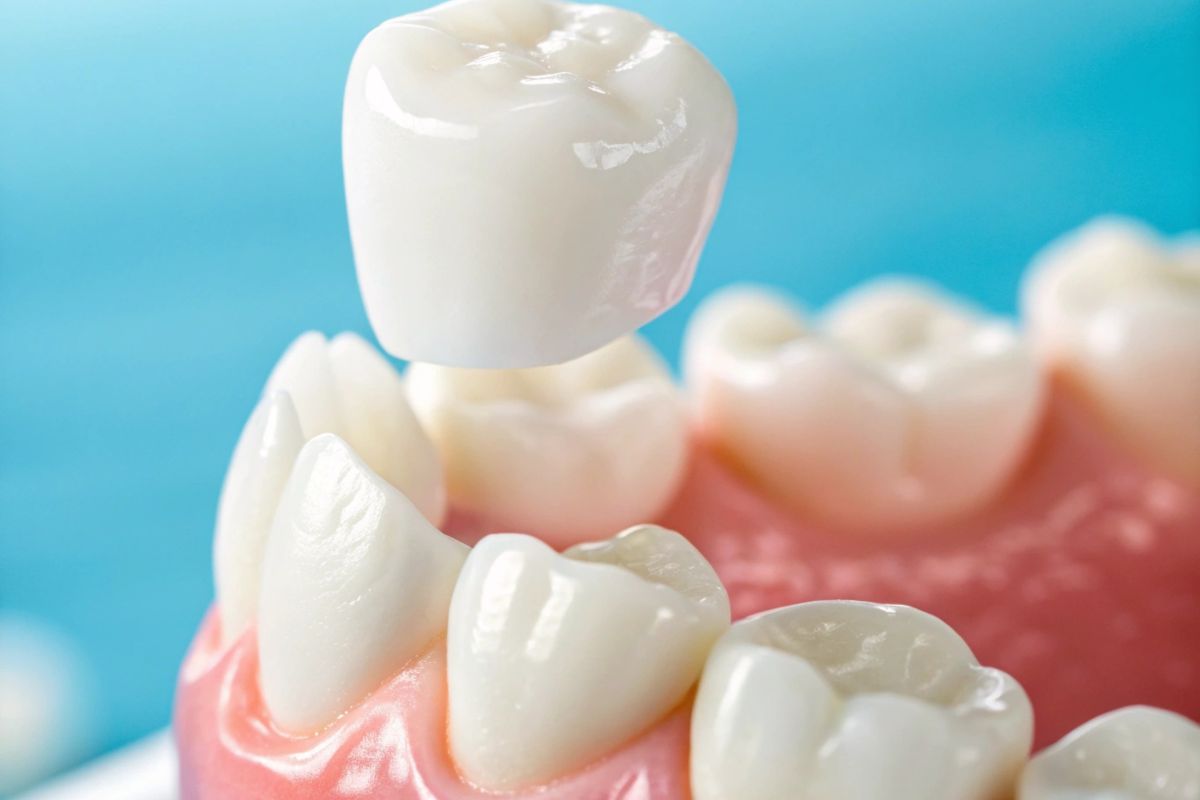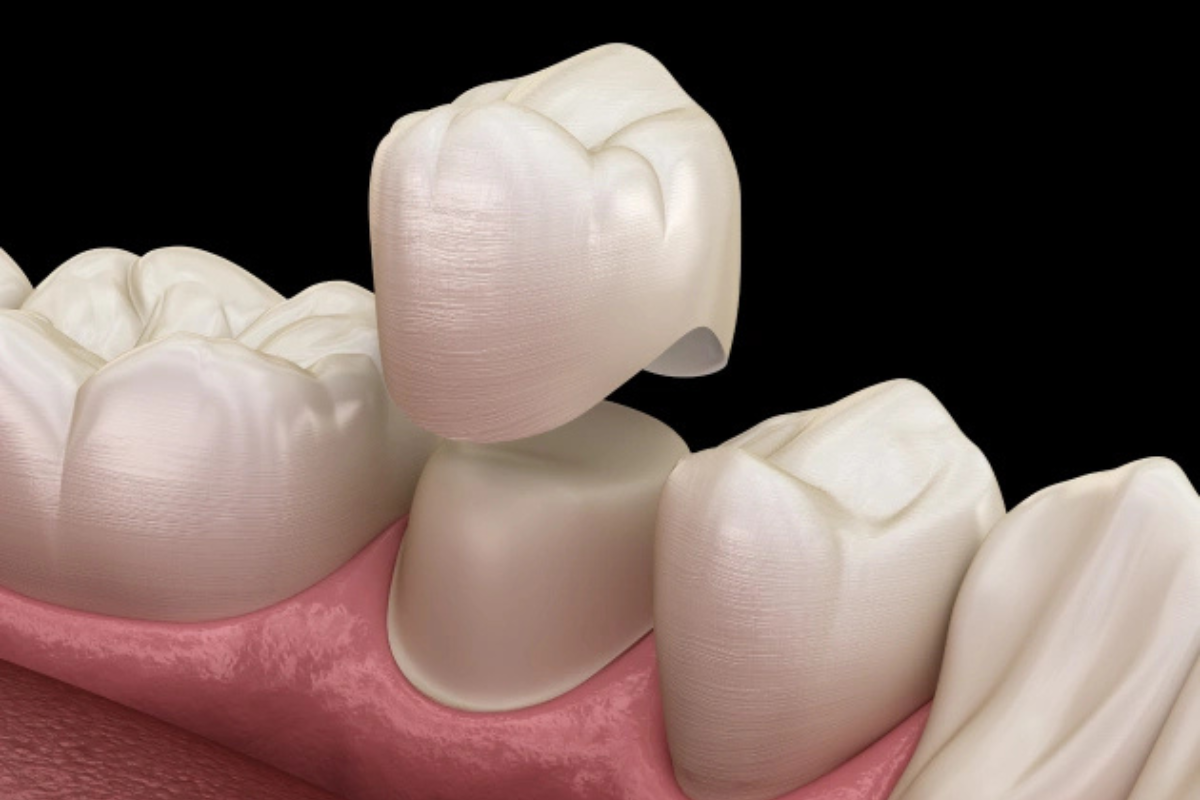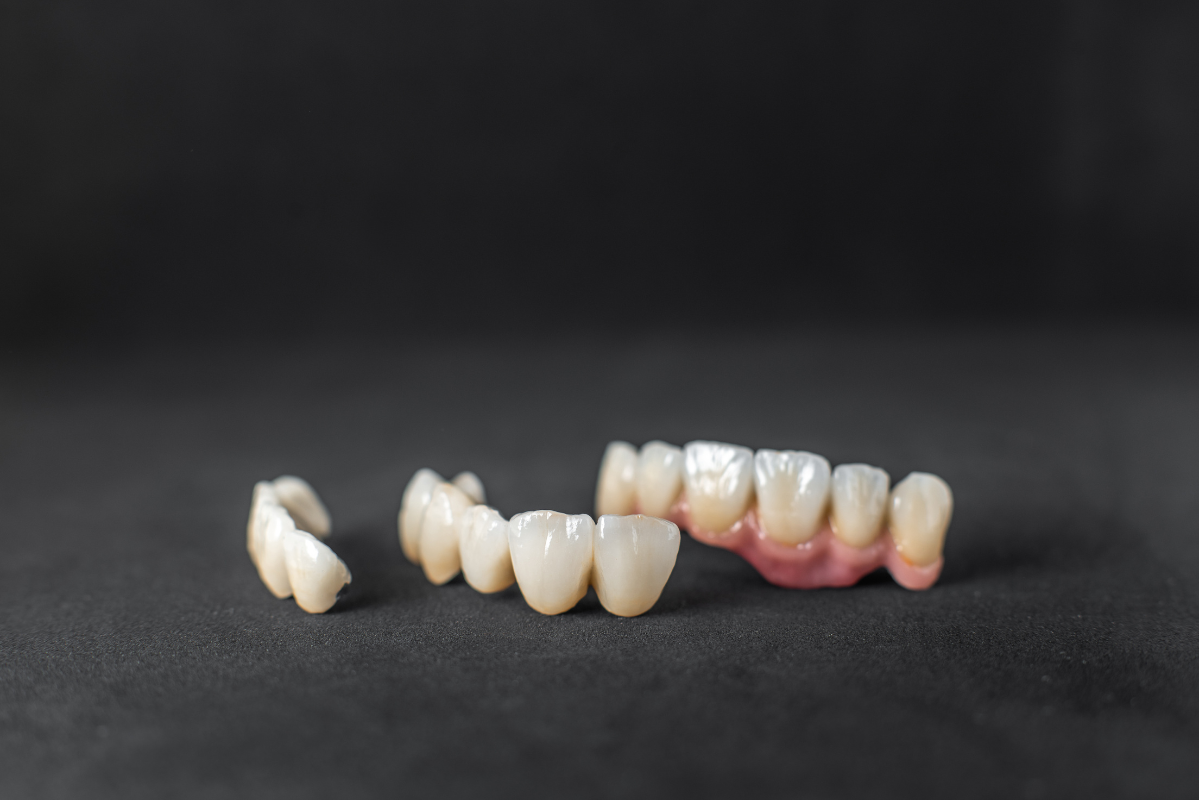
Full vs. Partial Dentures: Which is Right for You?
January 19, 2024
Dentures
Contrastingly, partial dentures find relevance when some natural teeth persist. Adapting to the contours of existing teeth, they find stability through metal clasps or precision attachments. Removability for cleaning is a convenience accorded to wearers of partial dentures.
Merits of Full and Partial Dentures:
The advantages of both full and partial dentures are manifold. While full dentures contribute to smile restoration and enhance chewing functionality, their partial counterparts seamlessly bridge the gaps left by missing teeth, preventing undesirable shifts in adjacent teeth.
Contemplating the Pros and Cons of Full vs. Partial Dentures:
The denture landscape bifurcates into two primary realms: full and partial. Navigating their respective advantages and drawbacks is crucial for an informed decision-making process.
Full dentures, designed for scenarios where an entire arch of teeth necessitates replacement, anchor themselves through a combination of suction and adhesive. Despite a learning curve for wearers, they prove to be an apt choice for those seeking a comprehensive teeth replacement solution.
Partial dentures, tailored for situations where some natural teeth endure, encircle existing teeth with clasps or attachments. This variant eases the realms of eating and communication, acting as a guardian against tooth displacement. However, meticulous care and potential discomfort are factors to consider.
Deciphering the Right Choice – Full or Partial Dentures:
The pivotal moment arrives when the decision between full and partial dentures beckons. Considerations must weigh the tapestry of your overall oral health, the state of your teeth, and the financial parameters defining your choices.
If robust oral health prevails with only a scattering of missing teeth, partial dentures might present a financially prudent option. Conversely, in scenarios of extensive tooth loss or advanced gum maladies, the comprehensive nature of full dentures might emerge as the optimal choice.
Seeking counsel from your dentist or prosthodontist becomes imperative to glean professional insights. Their adept evaluation of your requirements lays the groundwork for sound advice, ensuring a denture choice harmonized with your oral landscape.
Navigating Denture Care Considerations:
Contemplating dentures prompts considerations of whether full or partial dentures align with your needs. A nuanced decision-making process involves:
The extent of tooth loss: Opt for partial dentures for a sparse tooth count, while full dentures cater to comprehensive tooth absence.
Budget considerations: Full dentures lean towards the pricier side in contrast to their partial counterparts.
Lifestyle nuances: An active lifestyle leans towards the security of partial dentures over the comparatively less secure full dentures.
In Conclusion:
This discourse aims to steer you towards an informed decision for your dental well-being. Both full dentures and partial dentures serve unique purposes, necessitating a thoughtful consideration of your current oral condition. Prioritize consultation with a qualified dentist for personalized advice, underlining the importance of taking proactive steps toward rejuvenating your oral health.
FAQs :
What distinguishes full dentures from partial dentures?
Full dentures serve as a complete replacement for all the teeth in either the upper or lower jaw, while partial dentures replace only a portion of the teeth in either jaw.
How can I determine whether I require full or partial dentures?
A comprehensive oral examination conducted by your dentist is the key to determining the appropriate type of denture for your needs.
Is it possible to opt for full dentures if I only need to replace some of my teeth?
Certainly, you can choose full dentures even if you only need to address specific missing teeth. However, your dentist might recommend partial dentures as a more fitting solution based on your circumstances.
More Blog Posts

Composite vs. Amalgam Fillings: Which Is Better for Your Smile?

How to Know When Your Dental Crown Needs Replacement

Dental Crown Problems & How to Fix Them

Caring for Your Dental Crowns: Do’s and Don’ts


